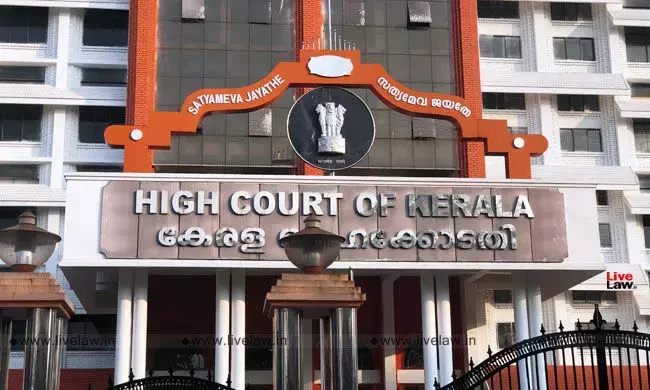While reiterating the settled law on conviction based on sole testimony of prosecutrix in a rape case, the Kerala High Court on Thursday observed,"In the conservative, tradition bound, non-permissive society like that of ours, none would make a false accusation of rape; braving ostracism, loss of face, social stigma and shame."The remarks were made while contrasting the Indian law relating...

